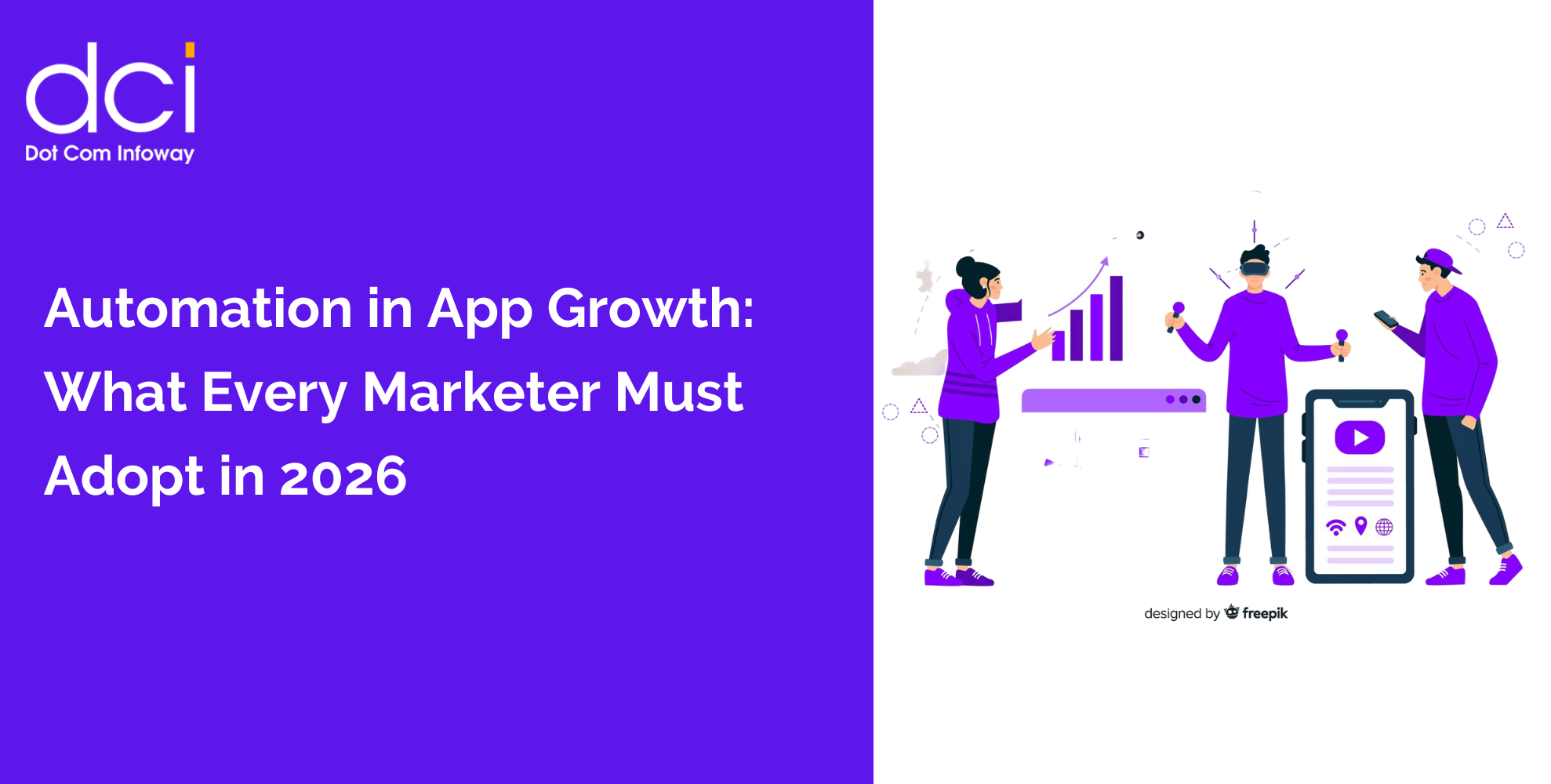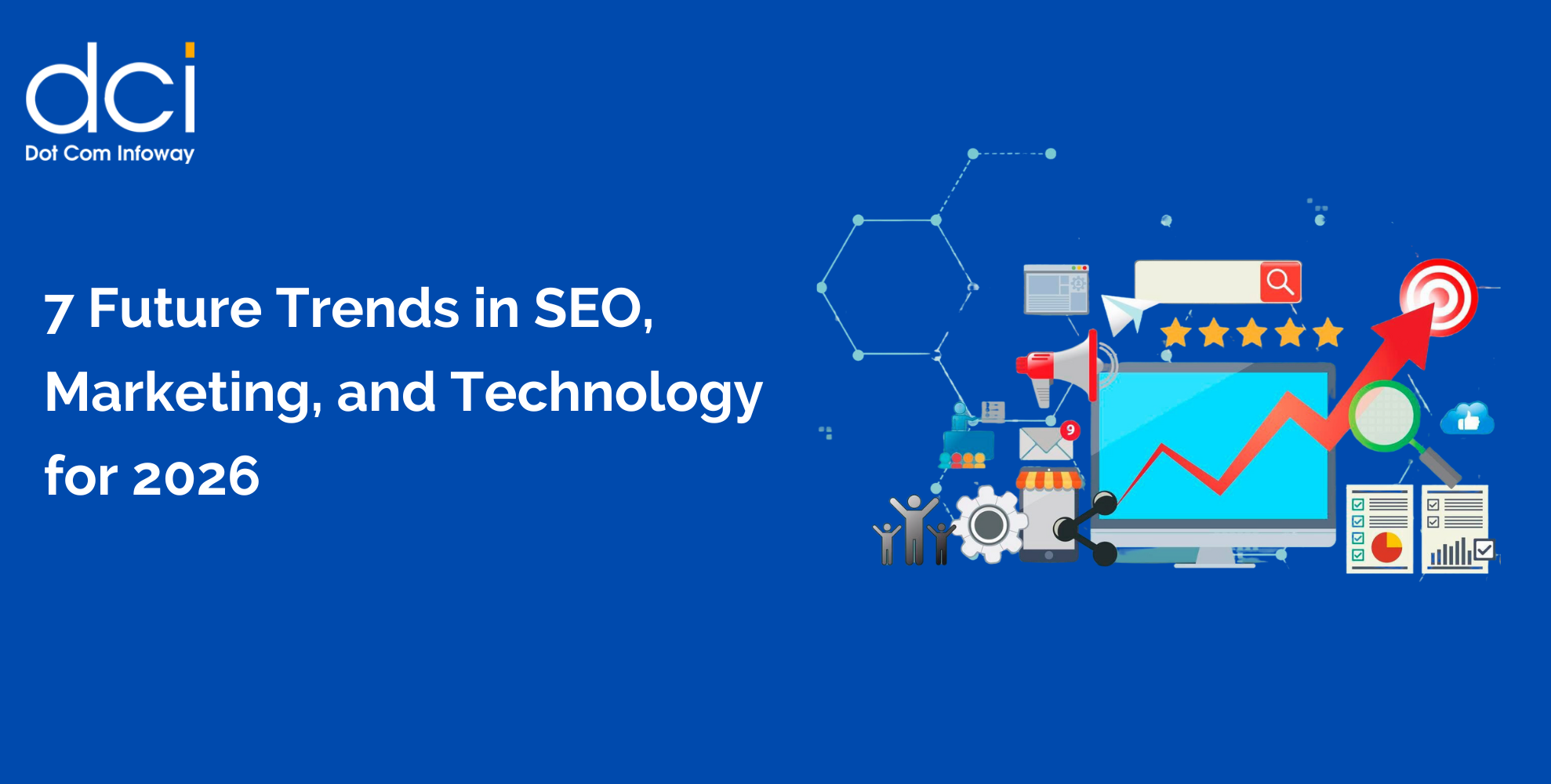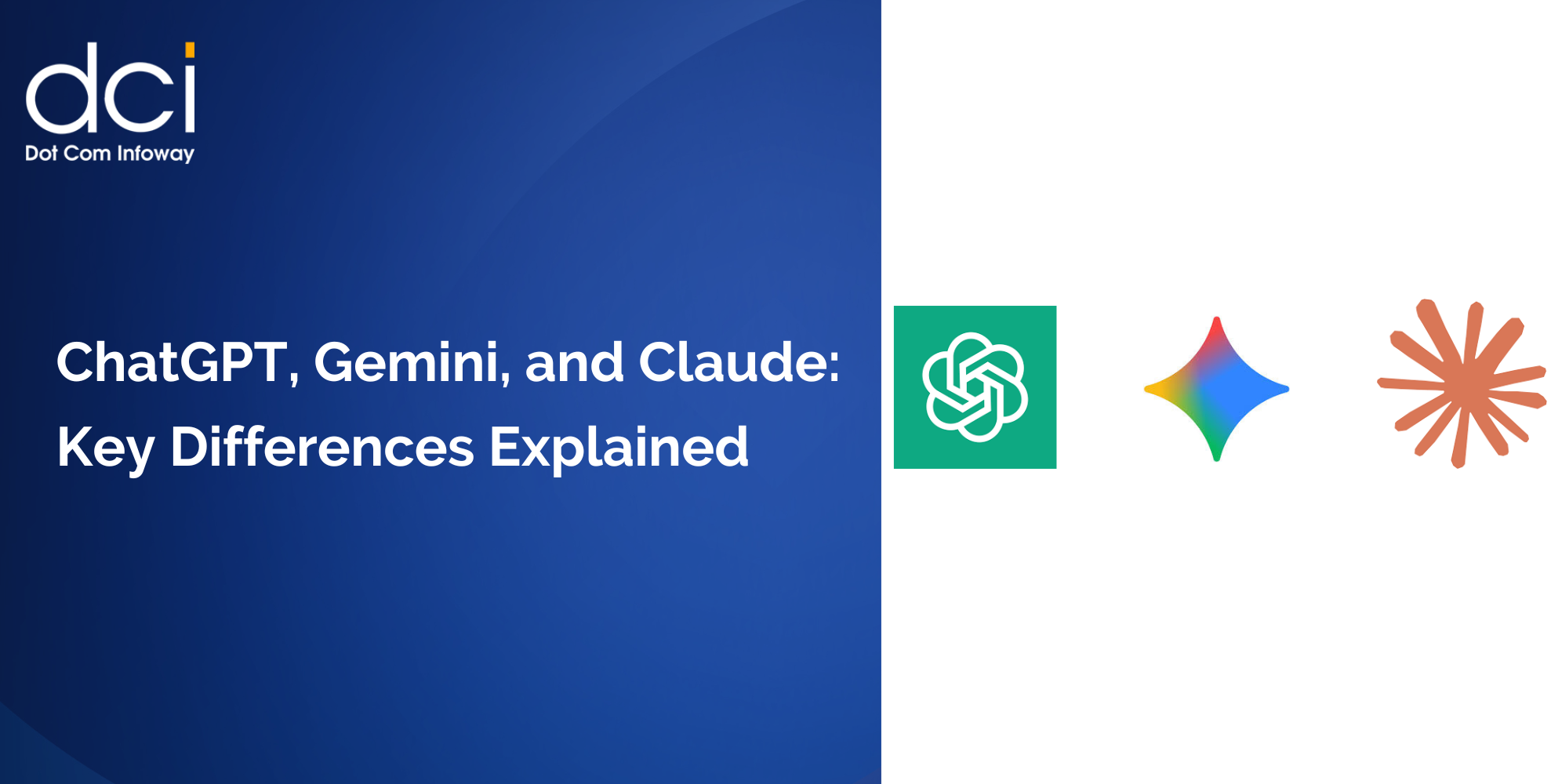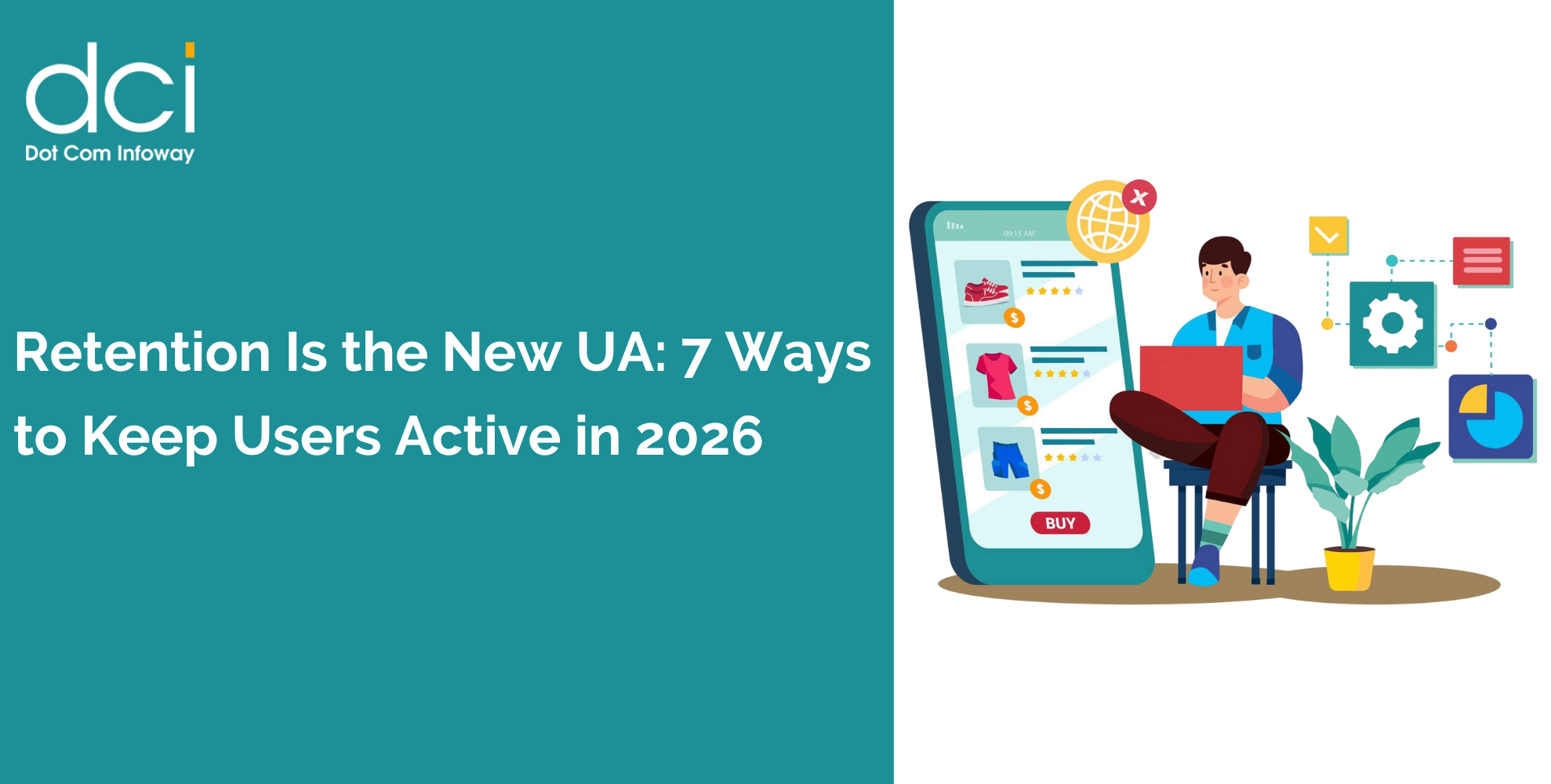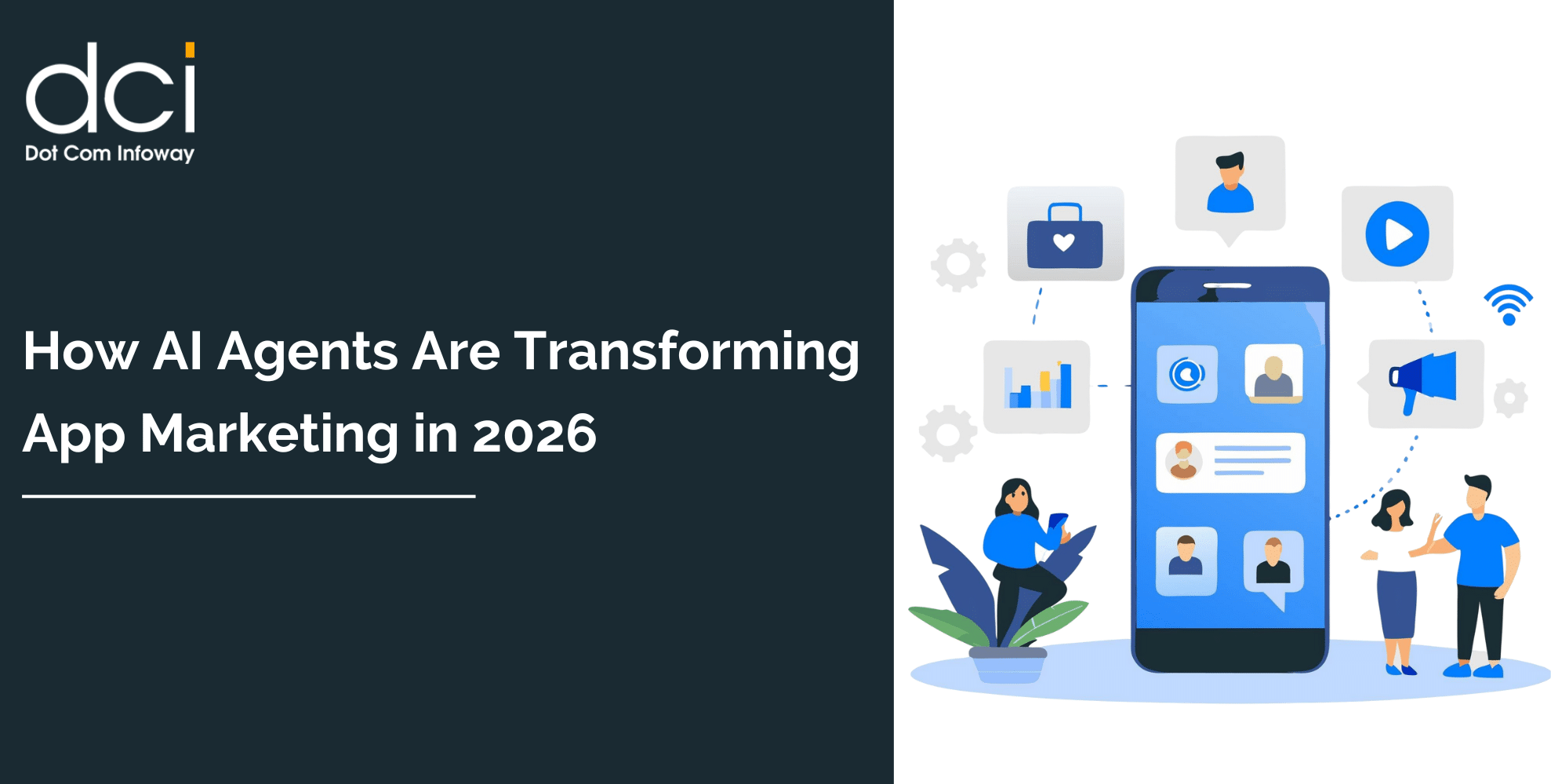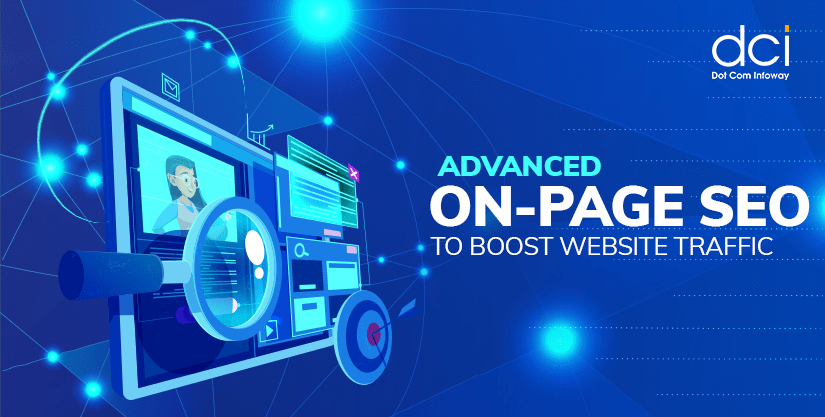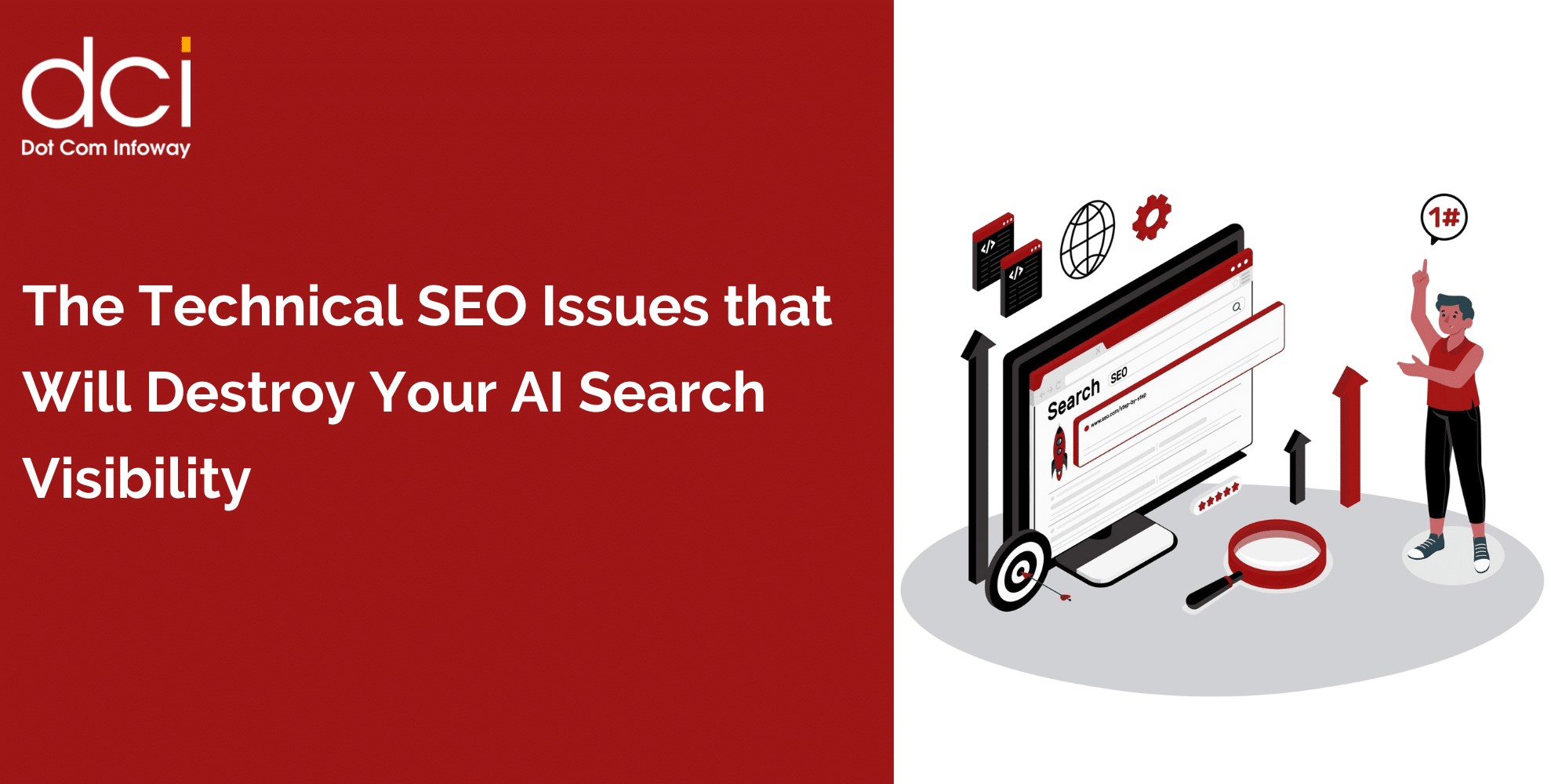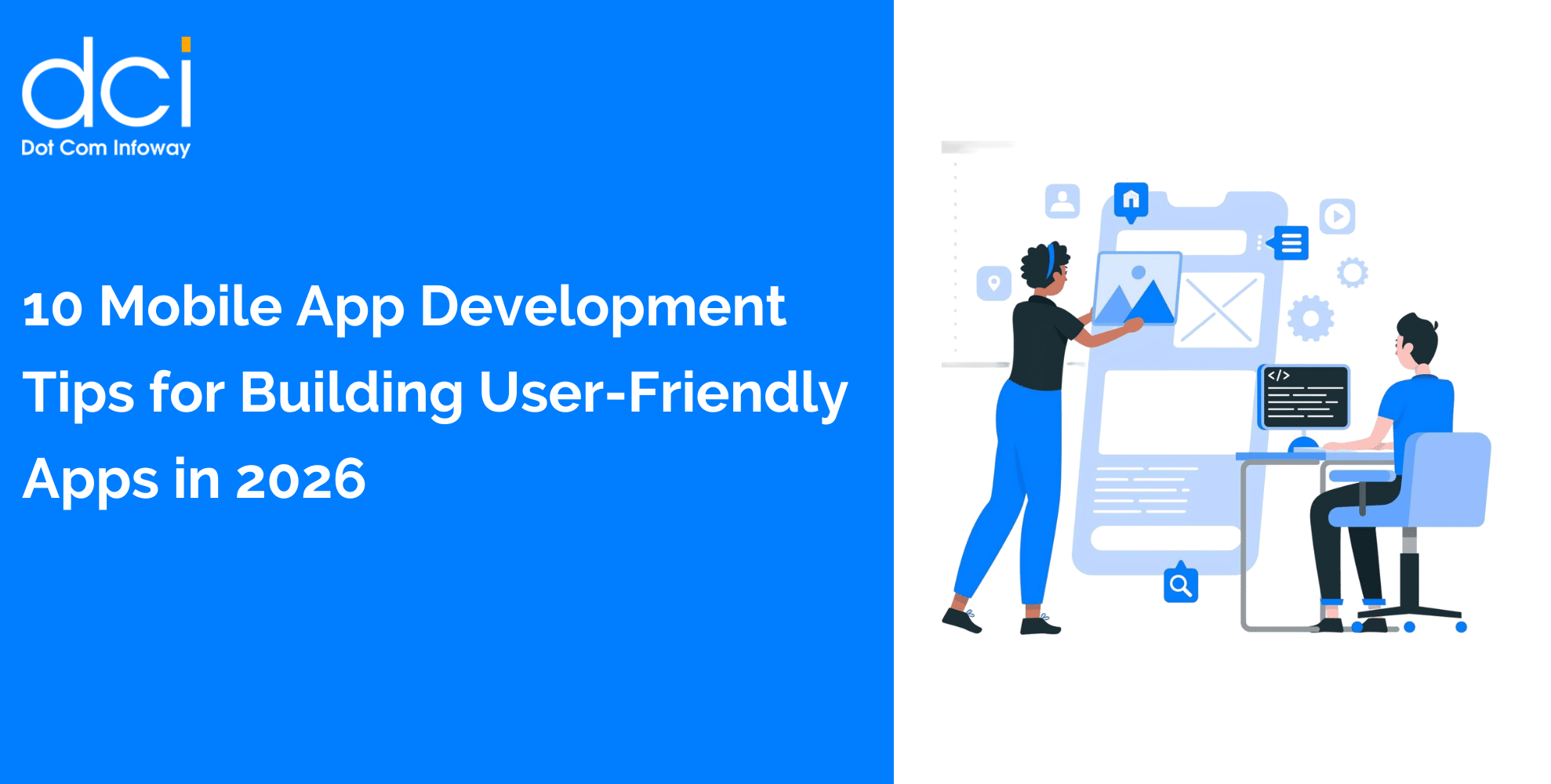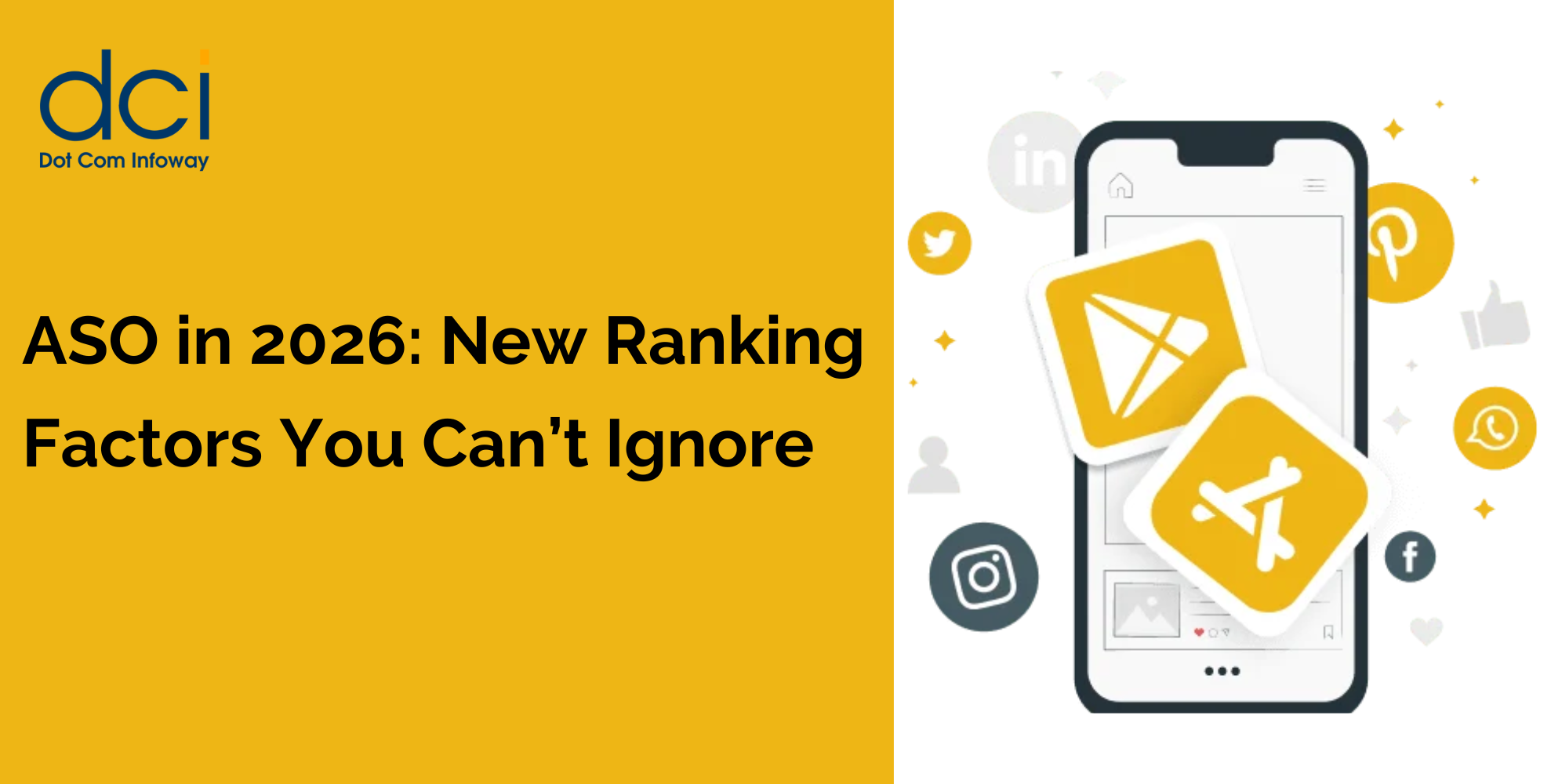1. Master App Store Optimization (ASO) Like the Pros
Think of ASO as SEO for app stores it’s your foundation for organic discovery. App Marketing for E-commerce starts here because visibility drives everything else.
Sephora exemplifies ASO excellence, achieving over 30% improvement in App Store performance and 44% growth in conversions through strategic optimization. Their secret? Keyword-rich descriptions, compelling screenshots, and video previews that showcase real product experiences.
“ASO isn’t just about keywords: it’s about understanding user intent and delivering exactly what they’re searching for,” notes a study from Sensor Tower, which found that optimized apps see 3x more organic downloads.
Key ASO tactics that work:
• Target long-tail keywords like “fashion shopping app with AR try-on”
• Use A/B testing for app icons and screenshots
• Include customer reviews and ratings as social proof
• Create localized content for different markets
A Reddit user from r/ecommerce shared their experience: “We increased our app downloads by 150% just by updating our screenshots to show actual product categories instead of generic phone mockups. Users want to see what they’ll actually get.”
2. Leverage Email Marketing’s Hidden Power
Email marketing remains the unsung hero of App Marketing for E-commerce, with 78% of marketers identifying it as vital for user retention. Mobile users check email 3x more frequently than desktop users, making this channel incredibly potent.
The strategy goes beyond simple “download our app” messages. Smart brands like Booking.com integrate app promotion into every customer touchpoint:
• Order confirmation emails include app-exclusive discount codes
• Shipping notifications highlight app-only tracking features
• Newsletter segments promote relevant app functionalities
• Welcome series showcases app benefits through personalized recommendations
Research from Campaign Monitor shows personalized emails improve effectiveness by 202%, making segmentation crucial for app marketing success.
Nike’s approach is particularly clever: they use email to highlight app-exclusive sneaker releases, creating urgency while driving downloads. This strategy contributed to their mobile app generating over $1 billion in annual revenue.
3. Harness Social Media and Influencer Partnerships
Social commerce is exploding, with brands engaging customers via social media experiencing 20-40% higher revenue per customer. App Marketing for E-commerce thrives when social strategy goes beyond basic posts.
TikTok’s partnership with Dunkin’ and creator Charli D’Amelio demonstrates this perfectly. Their co-branded drink campaign didn’t just create viral content: it drove massive app downloads among Gen Z consumers through strategic app mentions and exclusive mobile offers.
Effective social media app marketing includes:
• Instagram Stories with swipe-up app download links
• Live shopping sessions exclusive to app users
• User-generated content campaigns featuring app functionality
• Influencer partnerships that authentically integrate app features
Facebook and Instagram Live videos offer real-time engagement opportunities. Sephora’s beauty expert AMA sessions consistently drive app downloads by showcasing features like virtual try-on and personalized recommendations.
4. Perfect Push Notifications and SMS Marketing
Push notifications can be goldmines or graveyards: it all depends on execution. When done right, they deliver 10x higher engagement rates than email, making them essential for App Marketing for E-commerce success.
Modern SMS marketing extends far beyond text messages. Rich media SMS, incorporating images, videos, and interactive elements, creates memorable experiences that drive conversions. This approach allows brands to showcase products visually while maintaining SMS’s direct, high-engagement nature.
Best practices for notification marketing:
• Personalize based on browsing history and purchase patterns
• Use geolocation triggers for store visits and local promotions
• Send time-sensitive offers that create urgency
• A/B test messaging, timing, and frequency
A study by Localytics found that apps with personalized push notifications see 3x higher retention rates compared to those using generic messages.
Starbucks excels at this strategy, using location-based notifications to alert app users about nearby store promotions while integrating loyalty program benefits.
5. Embrace Rich Media and Playable Ads
Traditional banner ads are dying. Rich media and playable ads are taking over, offering interactive experiences that showcase app value before download. This innovation is revolutionizing App Marketing for e-commerce by reducing acquisition costs and improving user quality.
Playable ads let users interact with a mini-version of your app, providing a trial experience that builds confidence. While originally popular in gaming, e-commerce brands are adapting this format creatively: imagine trying on virtual clothing or testing product configurations before downloading.
Rich media ads incorporate video, animations, and interactive elements that captivate users. Fashion retailer ASOS uses 360-degree product videos in their mobile ads, allowing users to examine items from every angle before visiting the app.
According to Facebook’s data, rich media ads achieve 67% higher click-through rates compared to static alternatives, with significantly improved conversion rates.

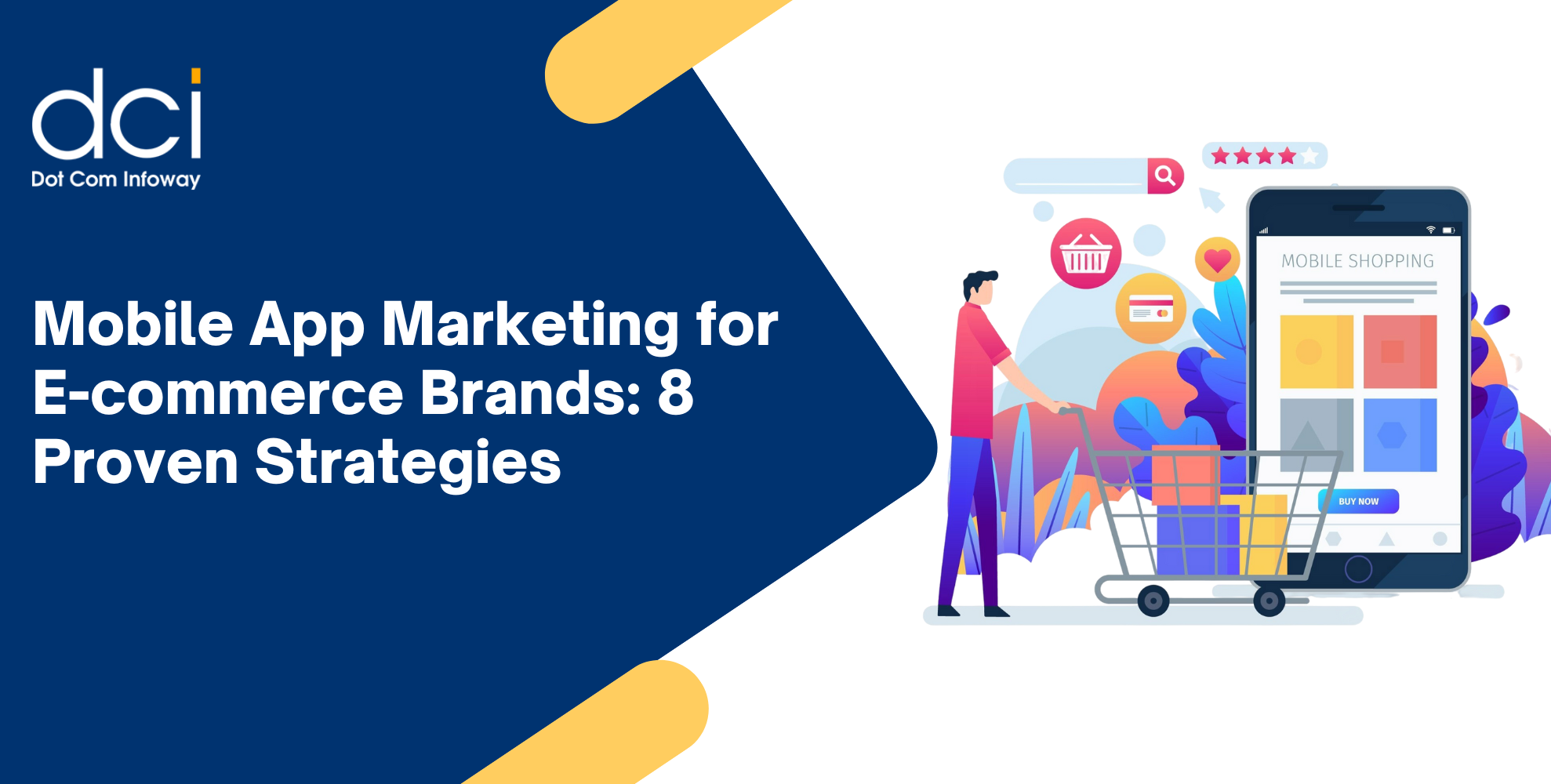
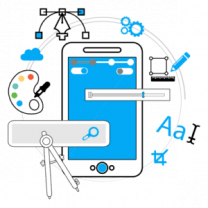




![The Game Marketing Guide: Pre and Post-Launch Strategies [Infographic]](https://www.dotcominfoway.com/wp-content/uploads/2023/09/DCI-Game-Marketing-blog-1.jpg)
